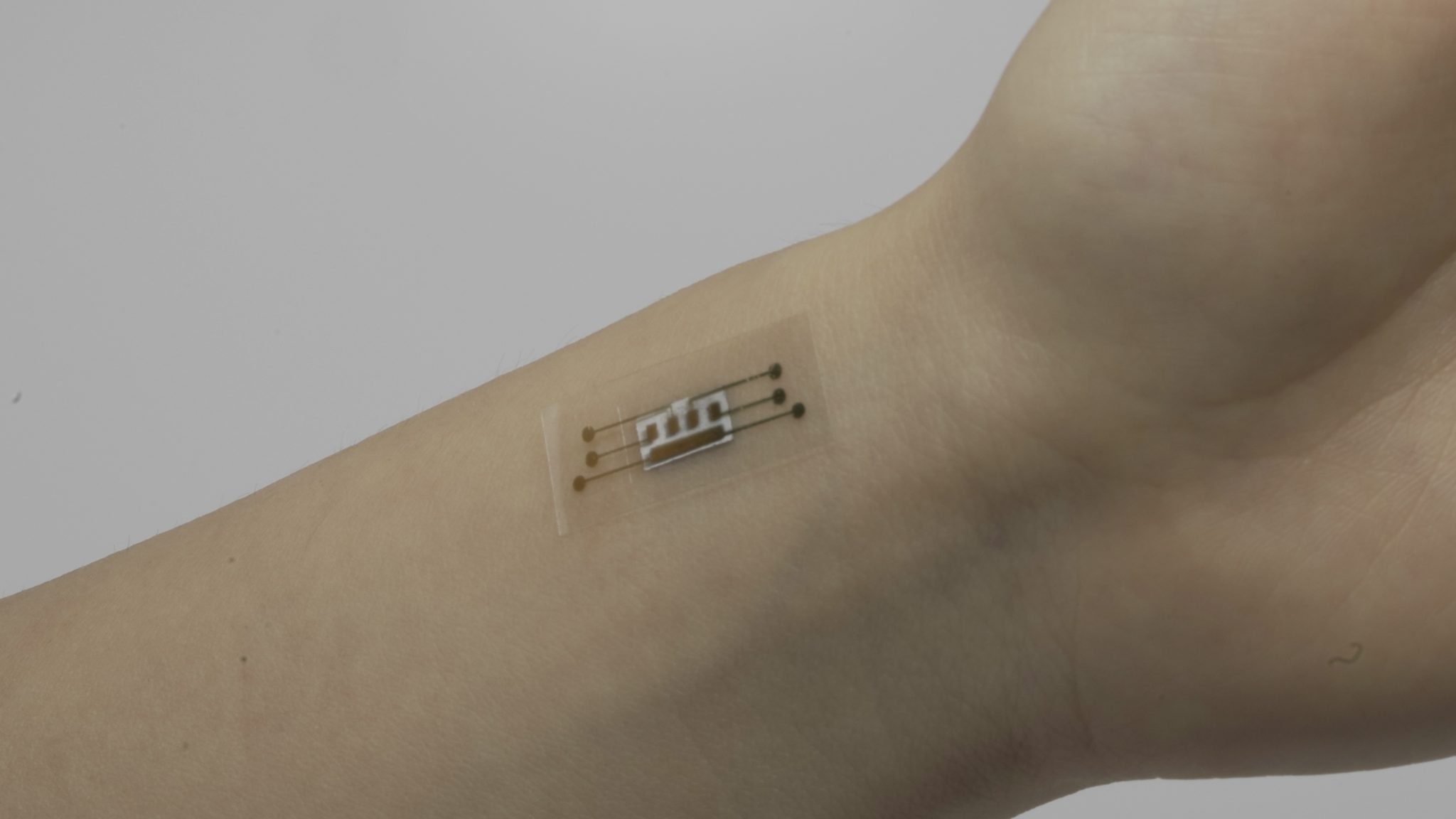
A new highly flexible soft material developed at NUS Engineering could open the way to more reliable wearable health technology and better robotic sensors.
The challenge for soft wearables and other sensors is that being elastic and pliable decreases their reliability over time, the more they are bent and flexed. But the new material known as TRACE (Tactile Resistive Annularly Cracked E-Skin) sees almost no such decline.
"With our unique design, we were able to achieve significantly improved accuracy and reliability," says Asst Prof Benjamin Tee from the NUS Department of Materials Science and Engineering.
"The TRACE sensor could potentially be used in robotics to perceive surface texture or in wearable health technology devices, for example, to measure blood flow in superficial arteries for health monitoring applications."
Read more at NUS News





